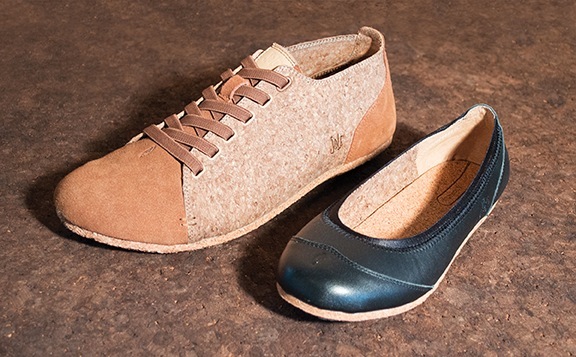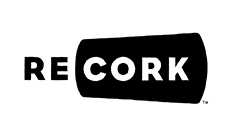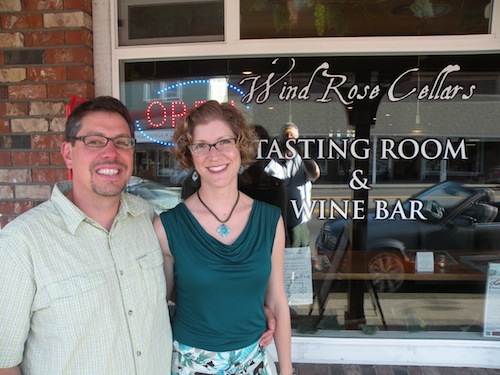
Time is running out on the crowd-funding campaign launched by a Vancouver, British Columbia, footwear company seeking to create carbon-neutral shoes made with used wine corks.
SOLE has partnered since 2009 with ReCORK, a wine cork recycling plant in Napa, Calif., for material to create men’s and women’s Cork Flips. Portuguese cork producer Amorim sponsors ReCORK.
 However, last month, SOLE rolled out a Kickstarter initiative of $150,000 to fund new line that would begin with the production of 1,200 pairs of shoes. The men’s casual lace-up shoe would be called Tour, while the women’s flats would be named Grace.
However, last month, SOLE rolled out a Kickstarter initiative of $150,000 to fund new line that would begin with the production of 1,200 pairs of shoes. The men’s casual lace-up shoe would be called Tour, while the women’s flats would be named Grace.
“Natural cork is already one of the world’s most sustainable and environmentally friendly products,” said Mike Baker, founder and CEO of SOLE, said in a news release. “The ability to turn used wine corks into durable and attractive footwear is an elegant way to extend the lifecycle of this remarkable raw material while providing consumers with a terrific new product that literally lightens their carbon footprint.”
 Their campaign began Oct. 29 with a deadline is Nov. 27. On Sunday, there were 191 backers who pledged a total of $19,180 — which leaves them 10 days to raise more than $130,000. If the campaign is successful, those who pledged at the $99 level will receive one pair of the new shoes.
Their campaign began Oct. 29 with a deadline is Nov. 27. On Sunday, there were 191 backers who pledged a total of $19,180 — which leaves them 10 days to raise more than $130,000. If the campaign is successful, those who pledged at the $99 level will receive one pair of the new shoes.
ReCORK claims to work with more than 1,800 collections centers in the United States and reports more than 45 million corks have been recycled. The five-year-old Napa company also says it has re-invested in the European cork industry and is responsible for the planting of 8,000 cork trees.
Northwest wineries participate in recycling efforts
The ReCORK program has its roots in Oregon, and David Volmut, winemaker and co-owner for Wind Rose Cellars on Washington’s Olympic Peninsula, is among the Pacific Northwest wineries and restaurants participating.

“Basically, we put together the box they sent and display it for customers to be aware that we recycle natural cork,” Volmut told Great Northwest Wine. “Oddly, many people often think that we ‘reuse’ the cork for our wine bottles, which of course we don’t. The box will hold around 6,000 corks. Once the box is full, we send it off to the Oregon recycle plant for processing.”
In the town of Sequim, where Volmut operates his downtown tasting room, the concept of recycling cork has been slow to catch on.
“Our hope was that providing such a service would bring in customers more often to recycle their corks and maybe pick up a bottle of wine as well,” Volmut added. “It hasn’t really worked that way yet.”
Since the beginning, SOLE has used recycled material in the manufacturing of some custom footbeds and footwear, so extending the life of used wine corks fits into its business model.
Baker said the prototype for these shoes is more than 2 years old, but he was not optimistic SOLE would not commercially produce the Grace or Tour if the Kickstarter campaign fails.
“We’re still a relatively small company and to make carbon negative footwear a reality, we need the help of the community,” Baker said. “Fundamentally, I’ve also always believed in the concept of crowd funding. I want to make quality products that people actually want, and Kickstarter is a way of asking consumers what those are.”
Bonneville Environmental Foundation, a carbon-auditing organization based in Portland, Ore., has calculated ReCORK’s tree-planting efforts would more than make up for the carbon dioxide expended on the cork collection and production of the proposed SOLE cork-based footwear, Baker said.

Leave a Reply